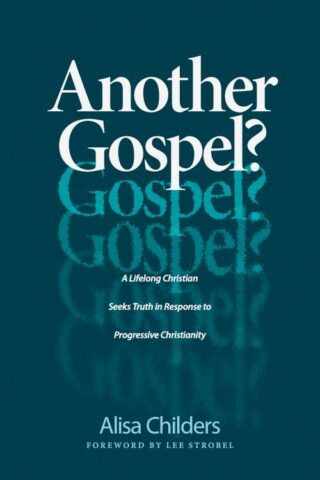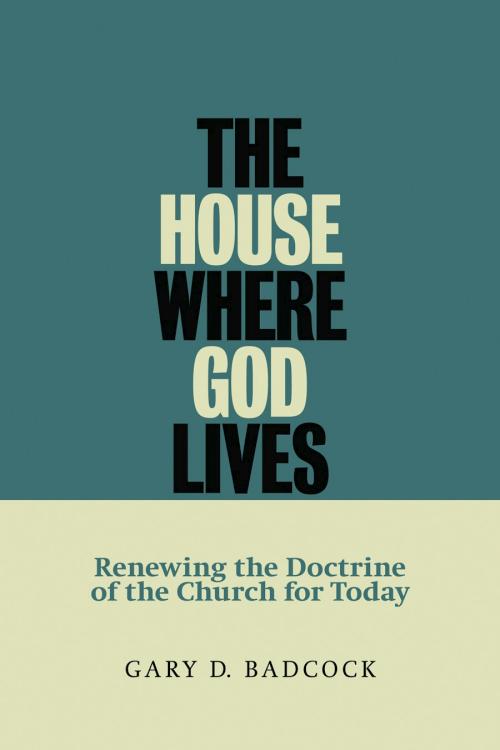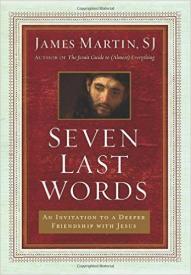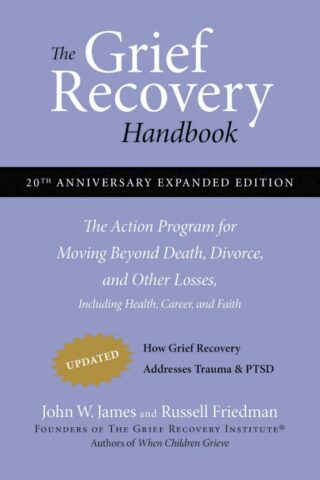House Where God Lives
$39.99
In large parts of the Western world, institutional Christianity is becoming a thing of the past. Yet most contemporary theological discussion on the church still deals with technique and process. Gary Badcock here moves beyond that how-to approach to address the much more fundamental question of why there should exist a church at all.
The House Where God Lives makes the case for a constructive and explicitly theological understanding of the church as a problem of doctrine. Ecclesiology, Badcock argues, should keep company with the great creedal themes of the triune God and of human salvation. He begins by considering the place of ecclesiology in theology in general, and deals with the church as a mystery of faith. Surprising insights emerge both from the scriptures and from the Christian theological traditions on each of these accounts. He further examines the themes of community, proclamation, and sacrament.
Badcock’s conclusion is that, in order for the church in the West to be renewed in our time, it must escape the narrow confines of individualism that currently surround it, instead becoming reacquainted with the staggering claim that its fellowship, its teaching, its worship – indeed, its very roots – reach deep into God.
in stock within 3-5 days of online purchase
SKU (ISBN): 9780802845825
ISBN10: 0802845827
Gary Badcock
Binding: Trade Paper
Published: September 2009
Publisher: William B. Eerdmans Publishing Co.
Print On Demand Product
Related products
-
7 Last Words
$18.99Based on his talks at New York’s St. Patrick’s Cathedral on Good Friday 2015, the New York Times bestselling author and editor at large of America magazine offers a portrait of Jesus, using his last words on the cross to reveal how deeply he understood our predicaments, what it means to be fully human, and why we can turn to Christ completely, in mind, heart, and soul.
Each meditation is dedicated to one of the seven sayings:
*”Father, forgive them, for they do not know what they do.”
*”Today you will be with me in Paradise.”
*”Woman, this is your son” . . . “This is your mother.”?
*”My God, my God, why have you forsaken me?”?
*”I thirst.”?
*”It is finished.”?
*”Father, into your hands I commend my spirit.”With the warmth, wisdom, and grace that infuse his works, Father James Martin explains why Jesus’s crucifixion and death on the cross is an important teaching moment in the Gospels. Jesus’s final statements, words that are deeply cherished by his followers, exemplify the depth of his suffering but also provide a key to his empathy and why we can connect with him so deeply.
Add to cart1 in stock
-
Grief Recovery Handbook (Anniversary)
$17.99Newly updated and expanded to commemorate its 20th anniversary-this classic resource helps people complete the grieving process and move toward recovery and happiness
Incomplete recovery from grief can have a lifelong negative effect on the capacity for happiness. Drawing from their own histories as well as from others’, the authors illustrate how it is possible to recover from grief and regain energy and spontaneity. Based on a proven program, The Grief Recovery Handbook offers grievers the specific actions needed to move beyond loss.
New material in this edition includes:
How to choose which loss you should work on first
How to deal with growing up in an alcoholic or otherwise dysfunctional home
Loss of faith
Loss of career
Loss of health
And much, much more.Add to cart8 in stock (additional units can be purchased)
















Reviews
There are no reviews yet.